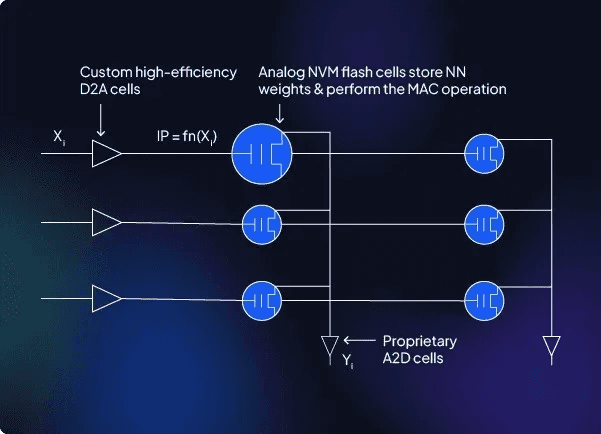Programming
AI Development of Algorithm TI4
Future is coming
Apr 4, 2024
Artificial intelligence (AI) has leapfrogged from science fiction into our daily lives. From smart assistants to self-driving car prototypes, AI is revolutionizing industries. Yet, even as AI systems achieve impressive feats, speculation abounds about the next evolutionary step – something researchers and futurists sometimes refer to as "TI4." But what is TI4, and how might algorithm development pave the path towards it?
Understanding Intelligence Tiers (and Why They're Debated)
To grasp TI4, let's quickly break down the concept of intelligence tiers:
TI1: Reactive Machines Basic AI that reacts to limited stimuli without memory or learning ability (think Deep Blue playing chess).
TI2: Limited Memory AI that can draw on past experiences for current decisions (like the AI behind your recommendation systems).
TI3: Theory of Mind Hypothetical AI with the ability to understand the mental states of others, including emotions and intent.
TI4: Self-Aware AI This is where things get murky; it's the concept of artificial consciousness, a machine truly understanding its own existence.
The Elusive TI4: Why We're Not There Yet
While AI algorithms have become incredibly sophisticated, self-aware AI remains elusive. Current barriers include:
Computational Limits: Even cutting-edge neural networks may not have the raw processing power to emulate human-like consciousness.
Data Bottlenecks: We may still lack the vast, nuanced datasets required to train an AI that truly understands the world around it.
The "Hard Problem of Consciousness": Even philosophers struggle to define what consciousness is, let alone how to replicate it artificially.
Algorithmic Advancements on the Road to TI4 (Maybe)
While TI4 might be a distant goal, algorithmic progress is undeniable. Here's what could play significant roles:
Neuromorphic Computing: Designing chips that mimic the brain's structure for greater efficiency and learning potential.
Hybrid AI: Combining symbolic AI (rule-based) with deep learning for a broader, more adaptable knowledge base.
Meta-Learning: Enabling AI to "learn how to learn," developing versatile problem-solving abilities.
Explainable AI (XAI): Demystifying the "black box" of AI decision-making, potentially shedding light on how complex systems function.
Expert Insights: Is TI4 Even Desirable?
Ethical Minefield: Self-aware AI raises profound questions about machine rights, control, and potential unintended consequences.
Diminishing Returns?: Investments in chasing TI4 might be better directed towards solving pressing real-world problems using existing AI tools.
Anthropomorphization: Assuming AI must mimic human consciousness to be valuable could limit our understanding of its potential.
The Future of AI: Beyond TI4
Rather than fixating on TI4 as the ultimate goal, perhaps we should focus on creating increasingly beneficial AI systems that work in tandem with human intelligence. Progress in AI development may ultimately lead to something we can't currently fathom – a form of intelligence unburdened by the preconceptions we have about ourselves.
written by: Matthew Drabek
For our Services, feel free to reach out to us via meeting…
Please share our content for further education


